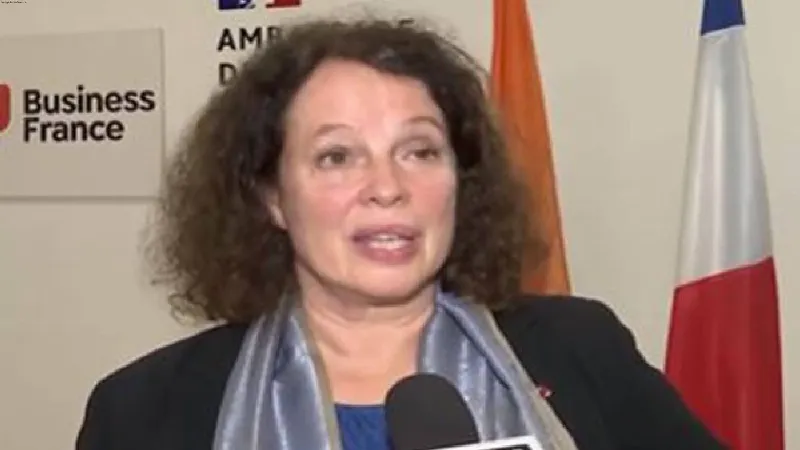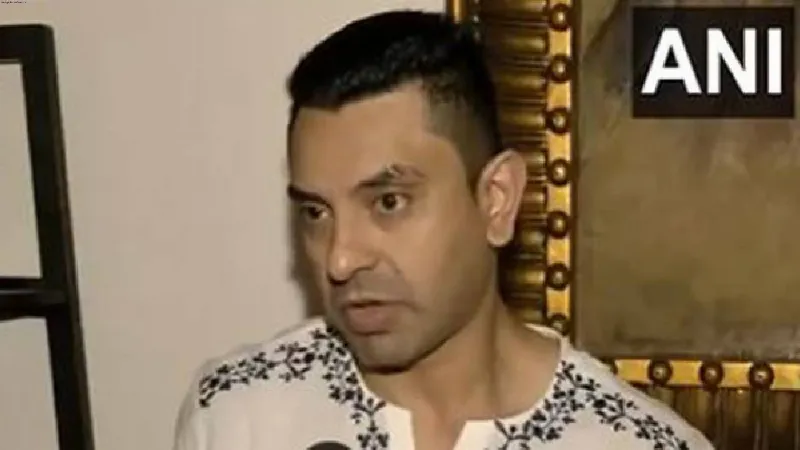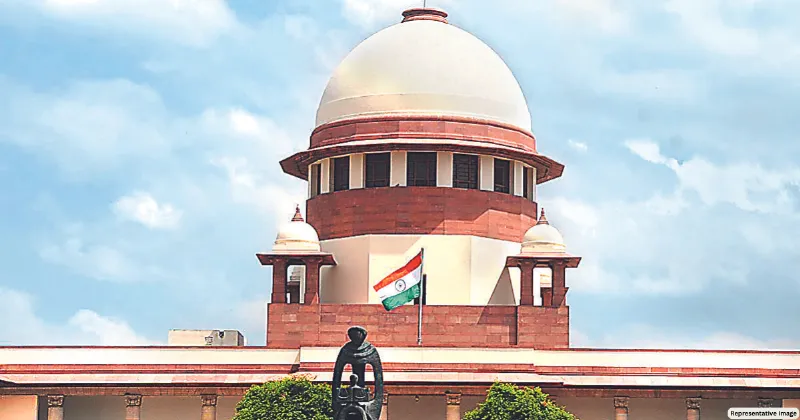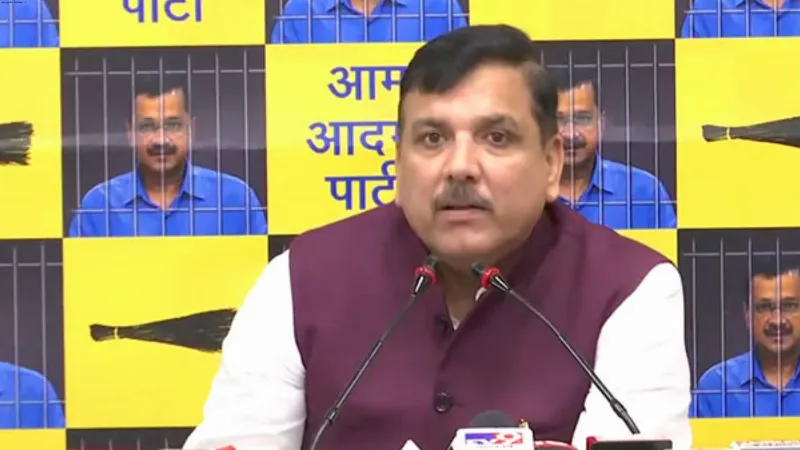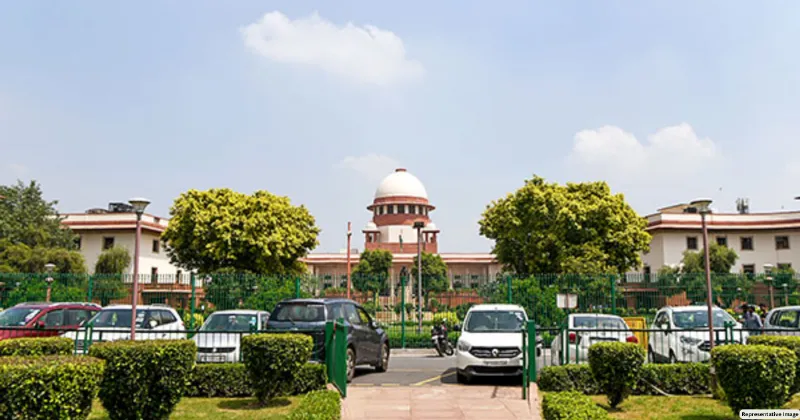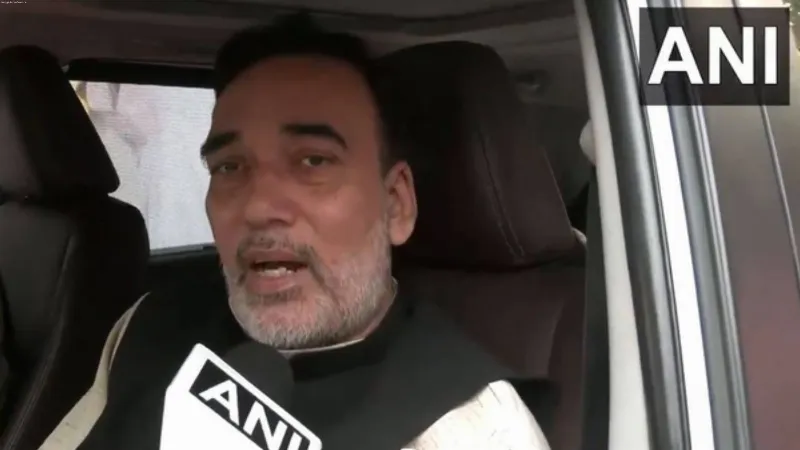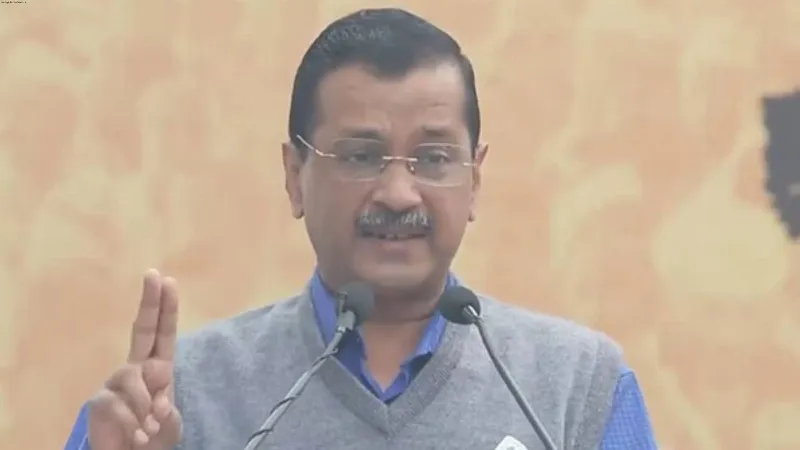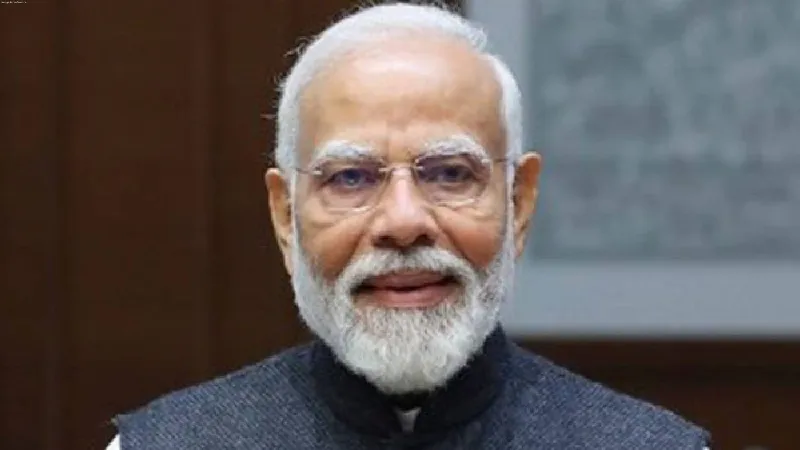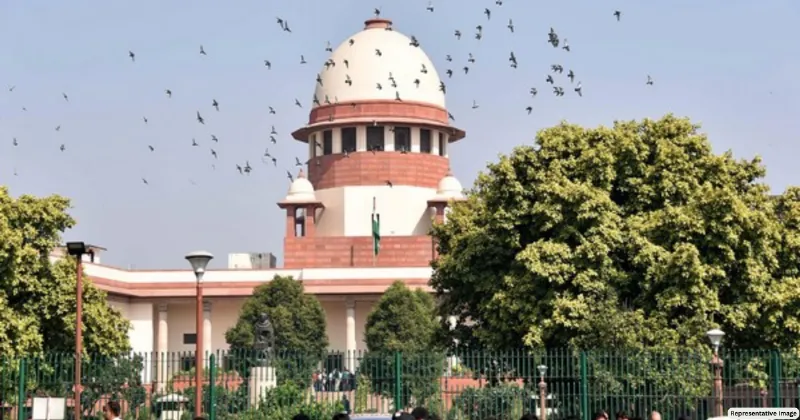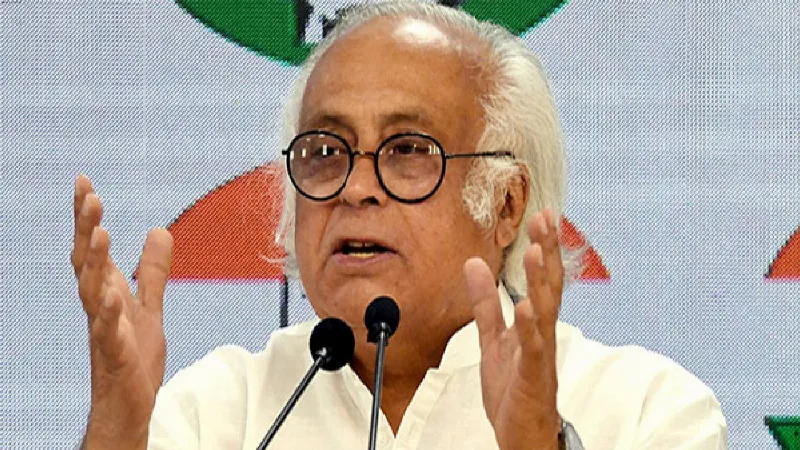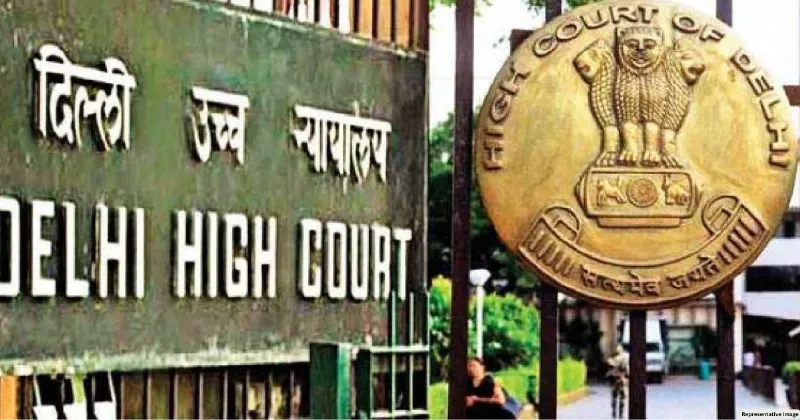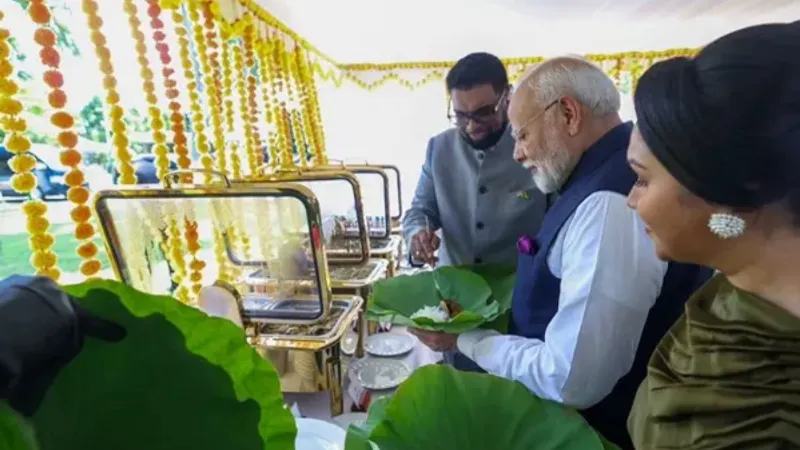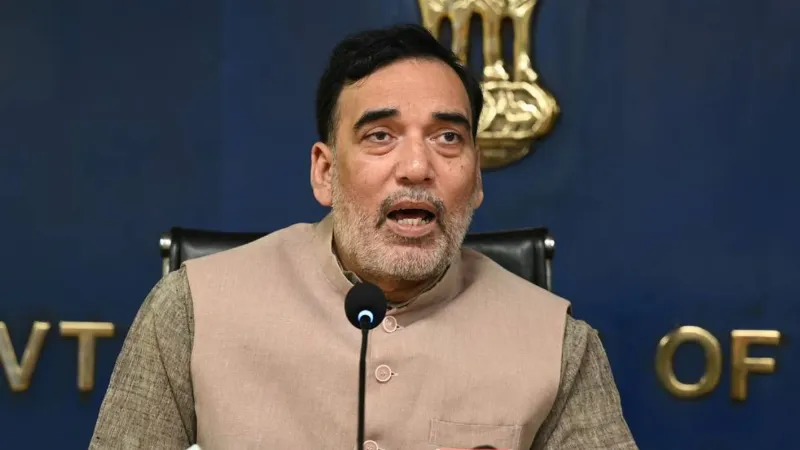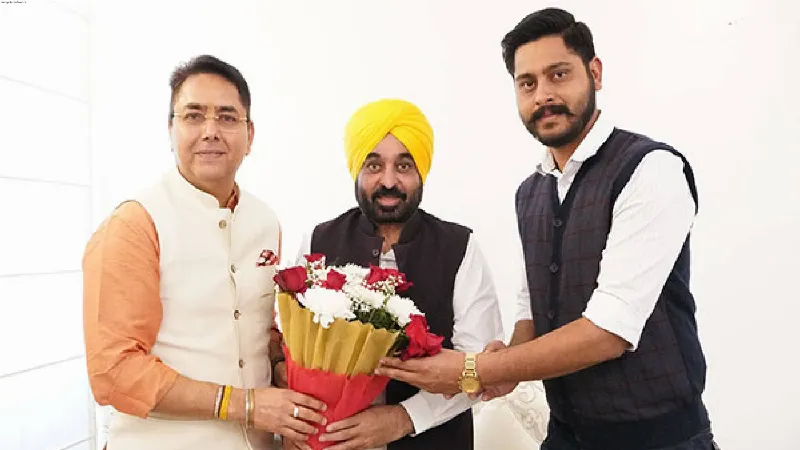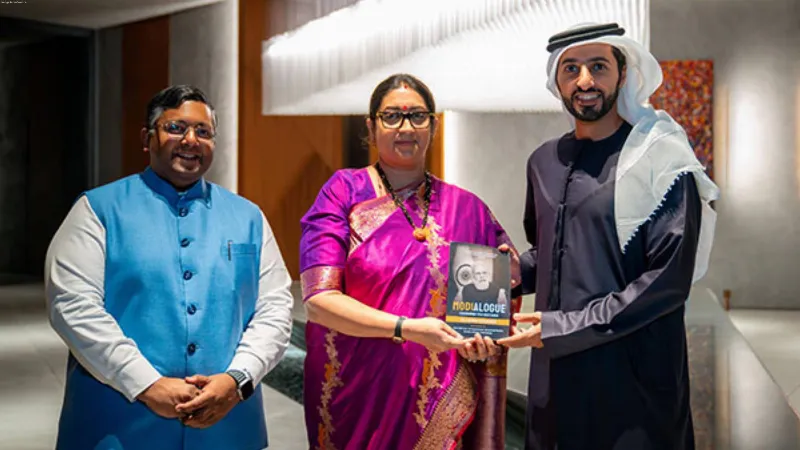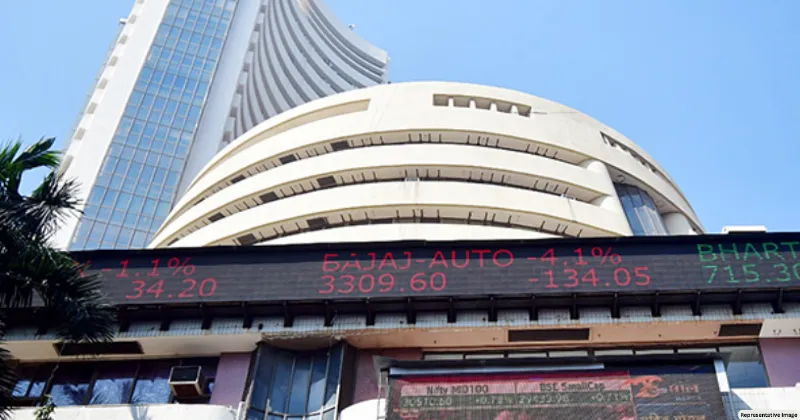Delhi HC dismisses PIL for Kejriwal's removal as CM, says no scope of judicial interference
.png)
New Delhi: Delhi High Court on Thursday dismissed a public interest litigation (PIL) that sought removal of Arvind Kejriwal from the post of Delhi Chief Minister following his arrest by Enforcement Directorate in excise policy case and said there is no scope of judicial interference in the matter.
A bench of Justice Manmohan and Justice Manmeet Pritam Singh Arora, while dismissing the plea, said there is no scope of judicial interference and it is for the other wing of the government to examine the issue.
If there is a constitutional failure, President or Governor will act on it, the court said.
The plea, filed by one Surjit Singh Yadav through lawyer Shashi Ranjan Kumar Singh, stated that continuance of Arvind Kejriwal as the chief minister of the Government of NCT of Delhi after his arrest by the Enforcement Directorate in the money laundering case related to the alleged liquor policy scam has degraded the credibility and image of the Government of NCT of Delhi in the eyes of the general public.
It said Kejriwal was arrested by the Enforcement Directorate on March 21 in the money laundering case related to the alleged liquor policy scam. Prior to his arrest by ED, the High Court of Delhi had also refused to pass orders granting interim protection from coercive action.
The plea said Delhi Minister Atishi gave interviews to various channels on March 21, stating and affirming that Kejriwal will not resign from his post and, if needed, will run the government from jail.
The continuation of Kejriwal as the Chief Minister of Government of the NCT of Delhi will not only lead to the obstruction of due process of law and disrupt the course of justice but will also lead to the breakdown or the constitutional machinery in the state, the plea stated.
Following arrest in the Delhi excise policy case, Kejriwal was remanded to ED custody till March 28. The case pertains to alleged irregularities and money laundering in framing and implementing the Delhi excise policy, which was later scrapped.

